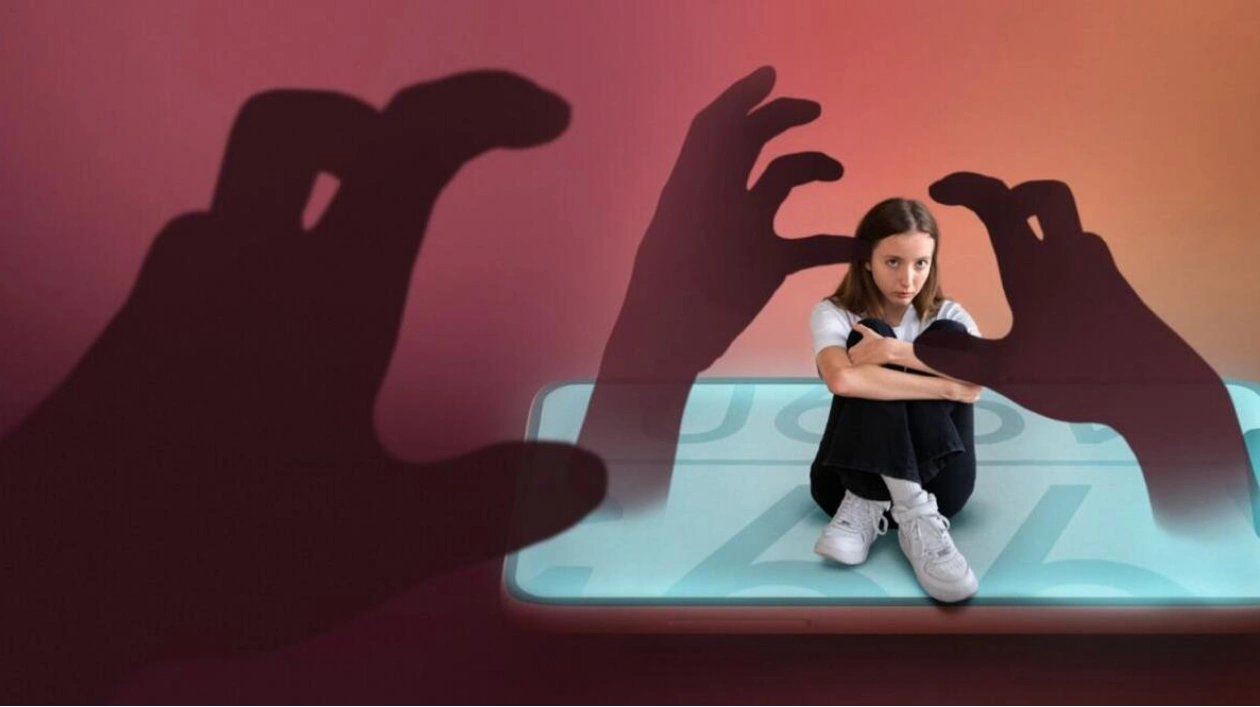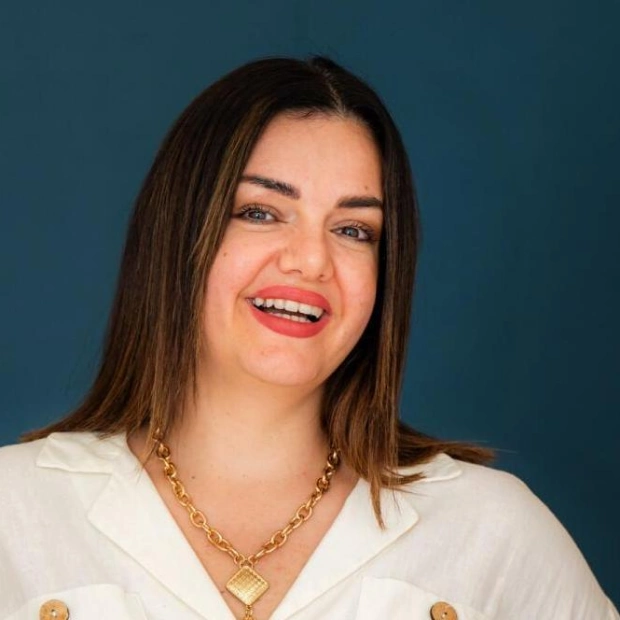In recent times, there has been a surge in conversations regarding stalking, cyberbullying, and online harassment. A well-known streaming service aired a controversial show documenting the journey of online stalking and harassment, sparking considerable controversy.
As a result, numerous stories have come to the forefront, highlighting the darker aspects of the online world. While the Internet has its positive aspects, transforming communication and facilitating global connections through email, social media, and more, it also has a downside.
One downside is the potential access of unknown individuals to our private moments, personal experiences, and information, which can be exploited for bullying and harassment. The online world offers convenience, enhances entertainment, and allows for the global sharing of talents; however, it also provides a 'free anonymity pass' for people to engage in cyberbullying and online harassment.
The impact of bullying, especially online stalking and harassment, can be severe, leading to feelings of embarrassment, shame, confusion, and vulnerability for the victims. This form of harassment can also have physical and mental effects, such as sleepless nights, restlessness, anxiety, and even physical symptoms that may require psychological help.
Furthermore, online harassment can have far-reaching consequences, including damage to careers, social reputation, professional standing, and relationships. Thus, safeguarding oneself online is crucial. It's important to be cautious about the information shared, seek permission before posting others' content, and report inappropriate content while actively managing who can view your content.
Self-care is also essential, including taking regular breaks from screens and technology, changing passwords regularly, and having conversations with young ones about online safety. Rebuilding confidence and trust after experiencing online bullying or harassment can be challenging, and seeking therapy and professional support is vital for recovery.
Dr. Linyan is a clinical psychologist and adult specialist, providing support in these areas.






